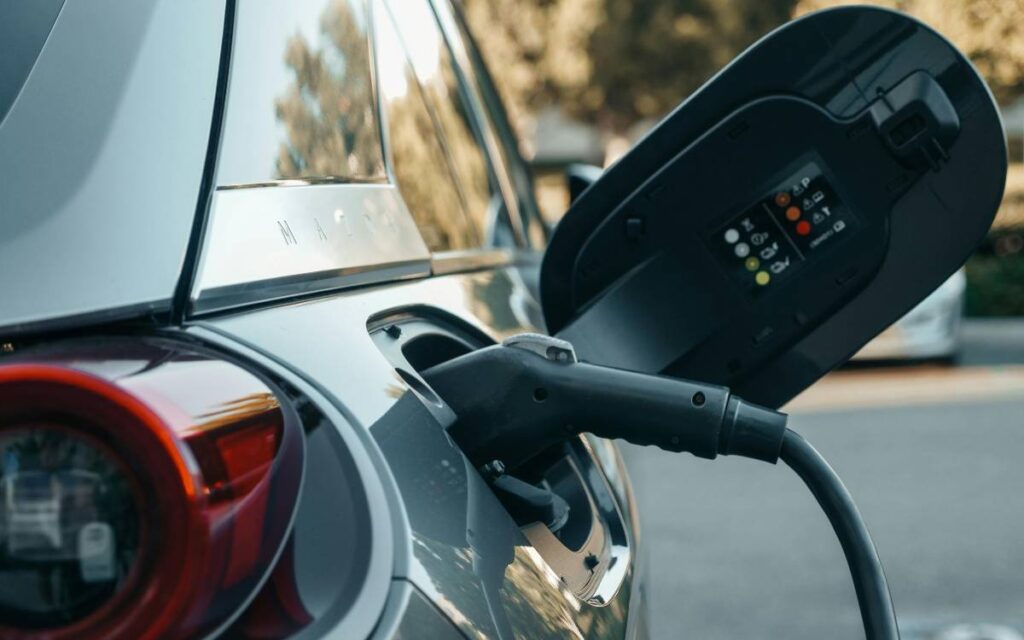
Businesses don’t need handouts to make investments that make sense. Photo Credit: Pexels.
One of politicians’ favourite things to do is gamble with taxpayers’ cash. But, based on their record, you’d think they were rookies getting swindled by a card shark at a Vegas bar.
The latest in a long list of failures is the bet on electric vehicle battery manufacturer Northvolt.
The government of Quebec bet buckets of cash. And now the company is broke.
“Northvolt’s liquidity picture has become dire,” reads the Swedish EV battery manufacturer’s bankruptcy protection filing.
It turns out Northvolt accumulated $5.8 billion of debt. In the wake of the bankruptcy filing, the CEO resigned. The company’s future is, needless to say, bleak. New leadership is hoping the company can survive with the help of a $100-million loan from one of its shareholders.
Both the government of Quebec and the province’s pension fund bet hundreds of millions of dollars on Northvolt. They bought stakes in the company worth a combined $470 million.
That’s money Quebec taxpayers and pensioners may never get back.
Christine Fréchette, Quebec’s economy minister, admitted the money is “at risk.” She says taxpayers will only know if their investment remains intact after the company goes through the bankruptcy process.
Canadian taxpayers might also soon be facing billions of dollars of losses. That’s because Northvolt has a Canadian subsidiary that also received a mountain of taxpayer cash.
Northvolt’s Canadian subsidiary is currently building a $7-billion EV battery plant in Quebec. Prime Minister Justin Trudeau and Quebec Premier Francois Legault gave a combined $2.4 billion to Northvolt to build the plant.
Northvolt says its Canadian subsidiary is funded separately from the global company that was forced to file for bankruptcy and will “operate as usual outside the Chapter 11 process.”
But if the parent company’s finances have spiralled out of control, taxpayers should have every reason to worry that its Canadian operations will too.
Northvolt repeatedly missed its in-house global production targets this year and cut back some of its operations in Sweden.
If Northvolt is curtailing global production, what reason does it have to ramp up production on a new facility in Canada?
With Northvolt’s global finances looking perilous, Canadian politicians might be tempted to offer Northvolt even more cash to try to keep its Canadian operations above water.
But throwing good money after bad is hardly a solution. Parliament Hill and the National Assembly need to stop gambling with taxpayers’ money.
Unfortunately, the implications of Northvolt’s financial troubles for taxpayers are much wider than the future of one EV battery company.
Canadian politicians bet $57 billion of taxpayer cash on the EV industry.
Now, the entire industry is in jeopardy. Other than Tesla, every EV manufacturer is losing money making them.
General Motors lost $3.5 billion on EVs in 2023. The Ford Motor Company lost $7.7 billion. And both of those companies received billion-dollar handouts from the feds and Queen’s Park to build EVs here in Canada.
The only reason GM and Ford aren’t in Northvolt’s position is because they have gasoline-powered cars to sell that make a profit, which allows them to balance out their earnings (or lack thereof).
But there are signs of a slowdown.
Ford, for example, cancelled plans to produce two electric SUVs models, which were supposed to be built in Canada. The late-stage cancellation is costing the company billions. Meanwhile, the Canadian plant it was to be built at is pivoting back to building gasoline-powered cars.
Northvolt’s bankruptcy and the heavy losses traditional auto manufacturers are seeing on EVs is evidence that betting billions on the industry was a terrible gamble for Canada’s politicians.
This is a very expensive lesson: politicians should never gamble with taxpayer dollars. That means no cash for corporations. Businesses don’t need handouts to make investments that make sense.
The financial well-being of Canadian taxpayers should never have been at risk in any of these cases.

Jay Goldberg is the Ontario Director at the Canadian Taxpayers Federation. He previously served as a policy fellow at the Munk School of Public Policy and Global Affairs. Jay holds a Ph.D. in Political Science from the University of Toronto.




















